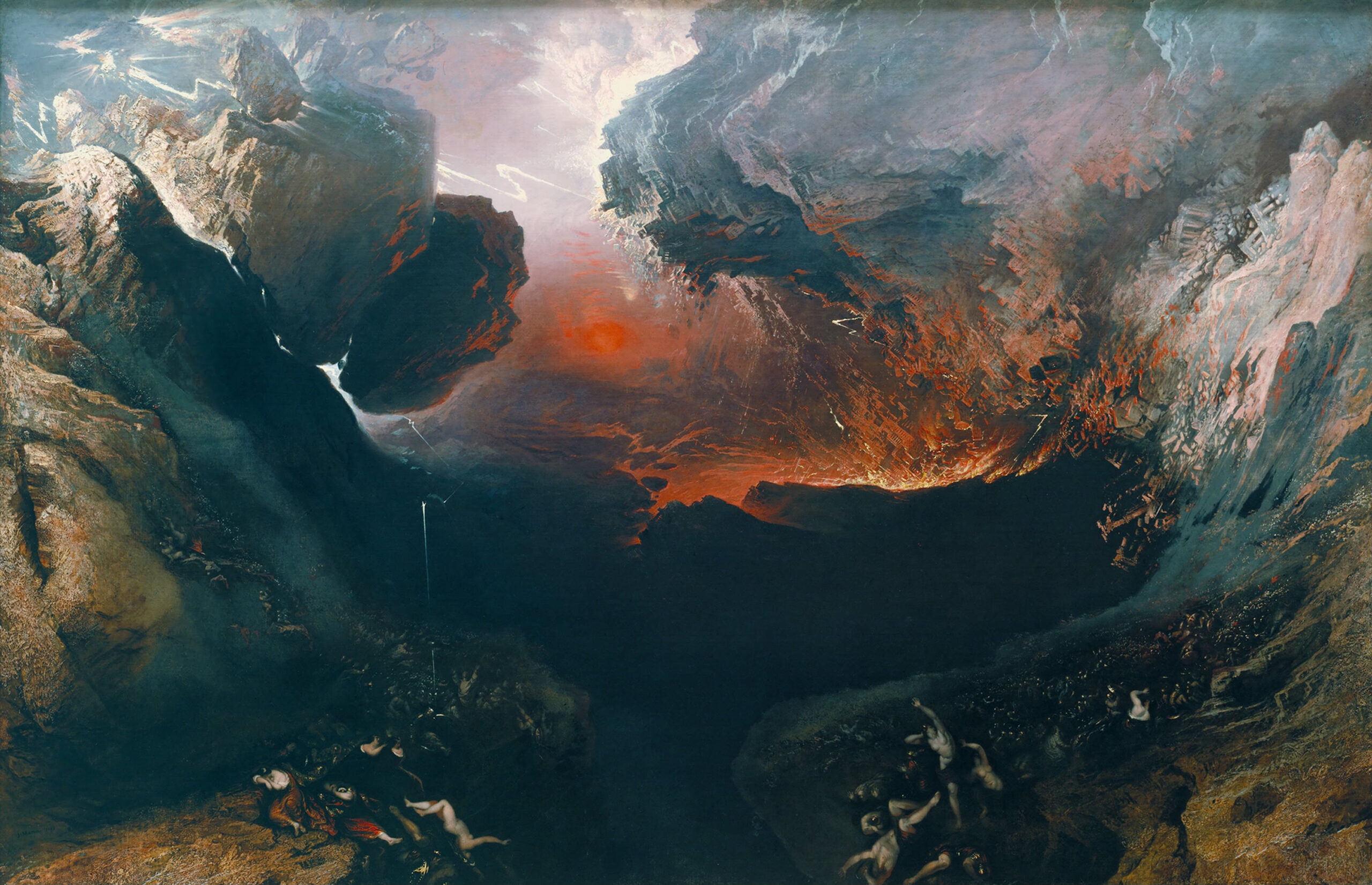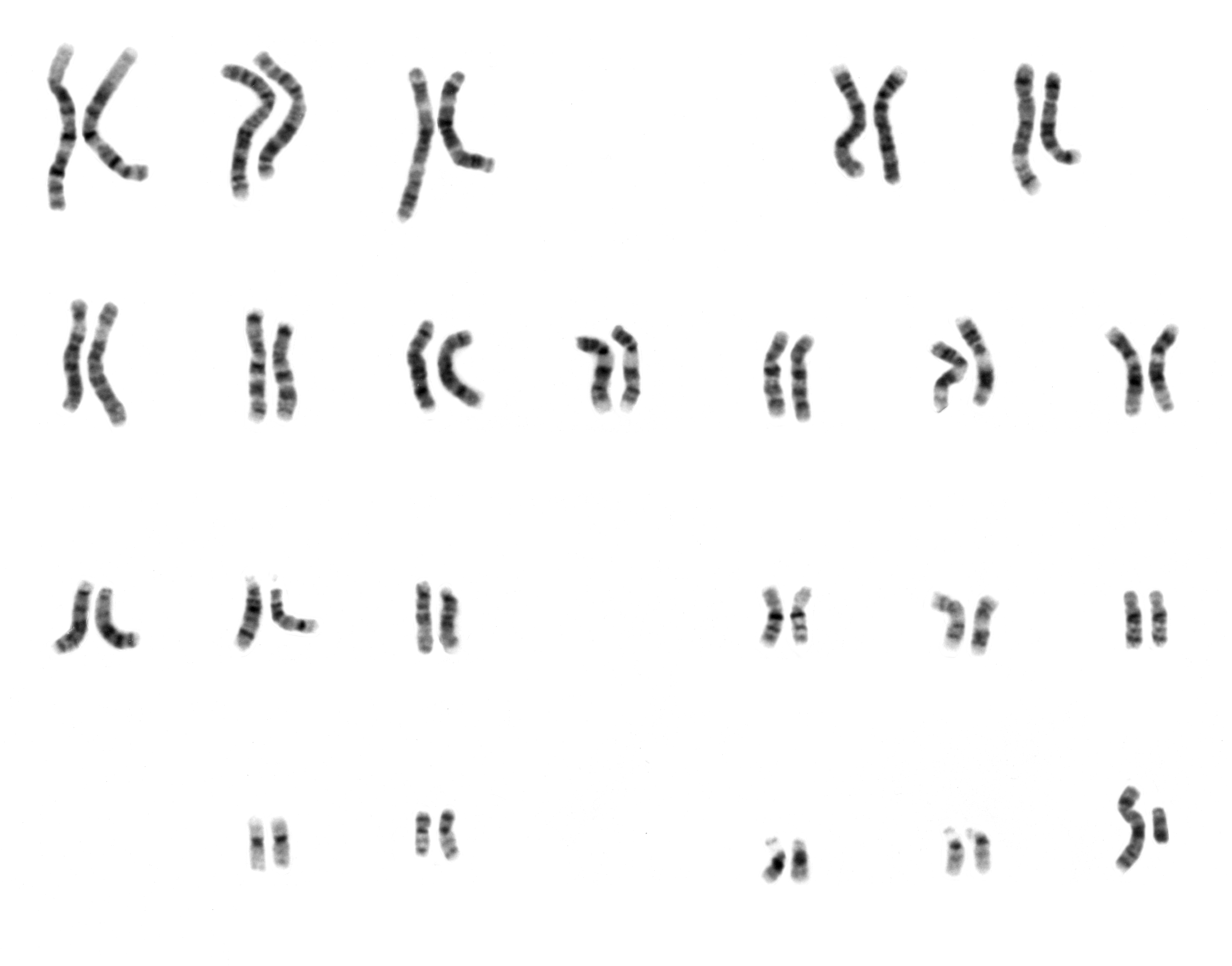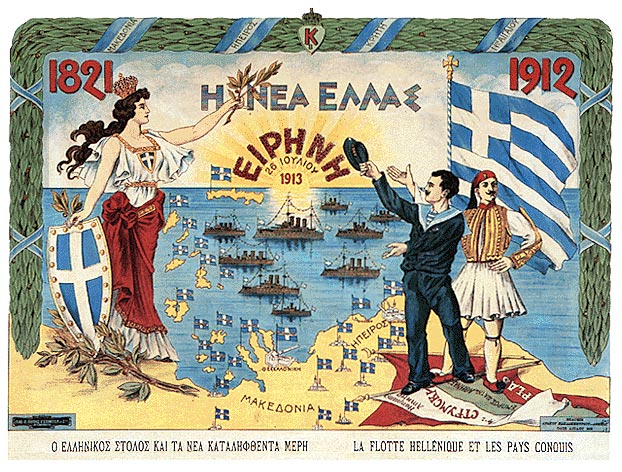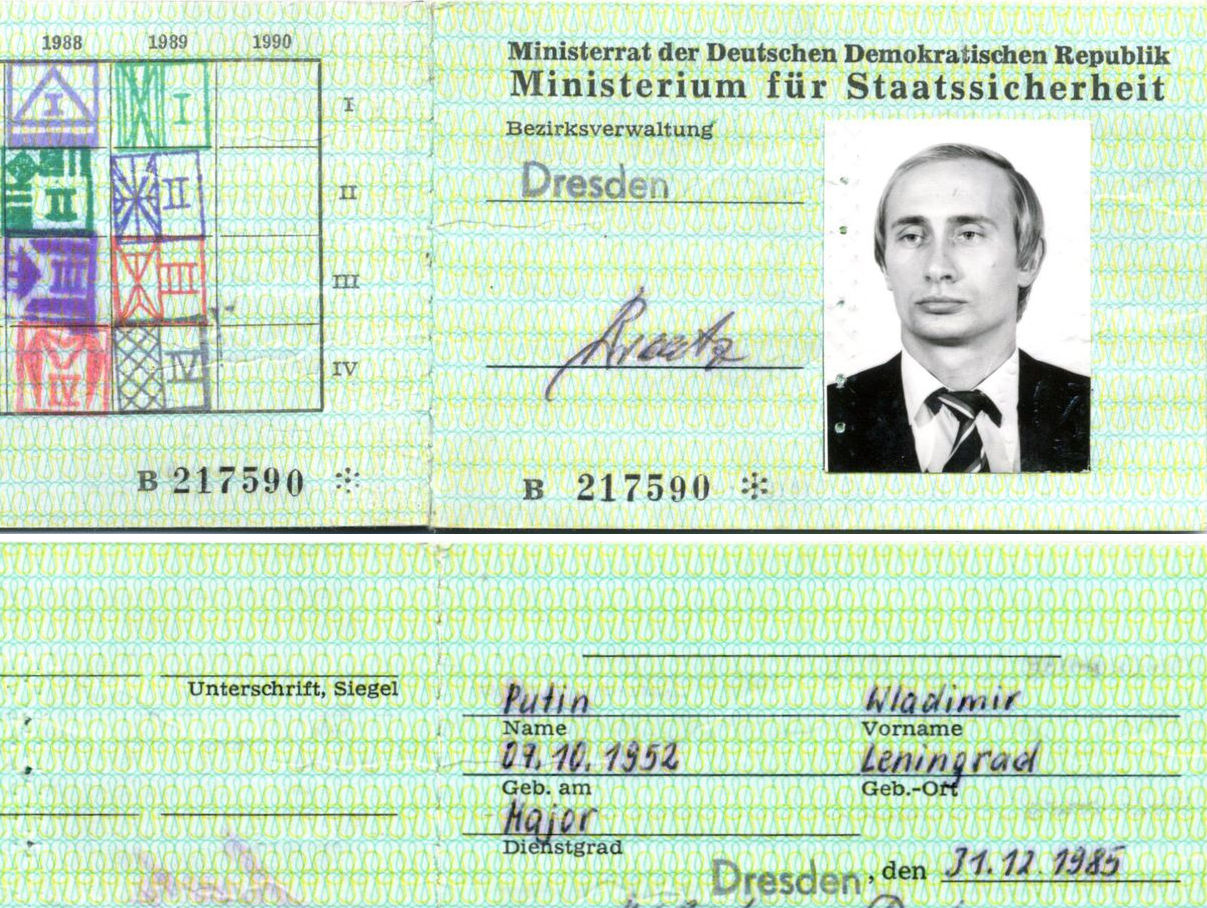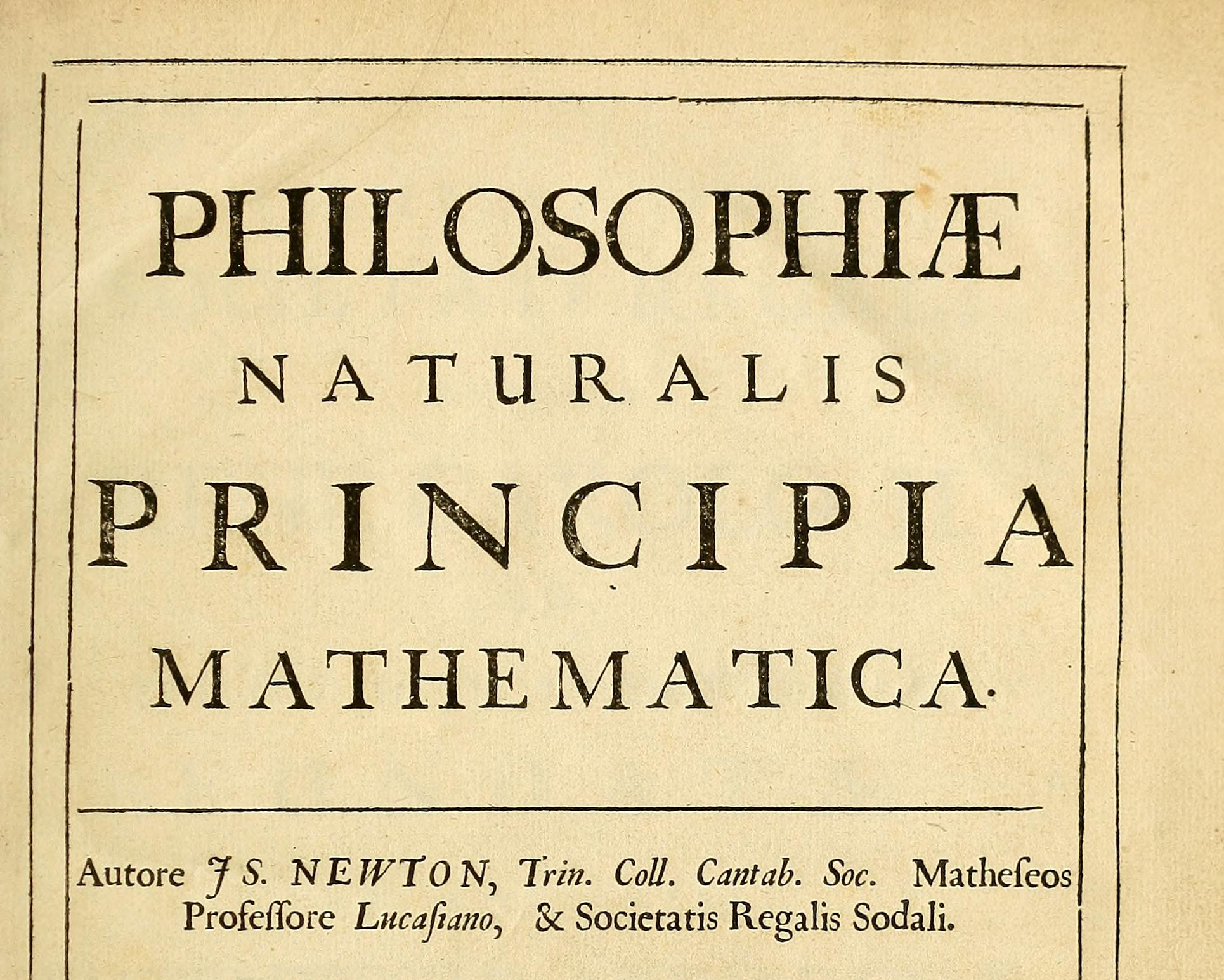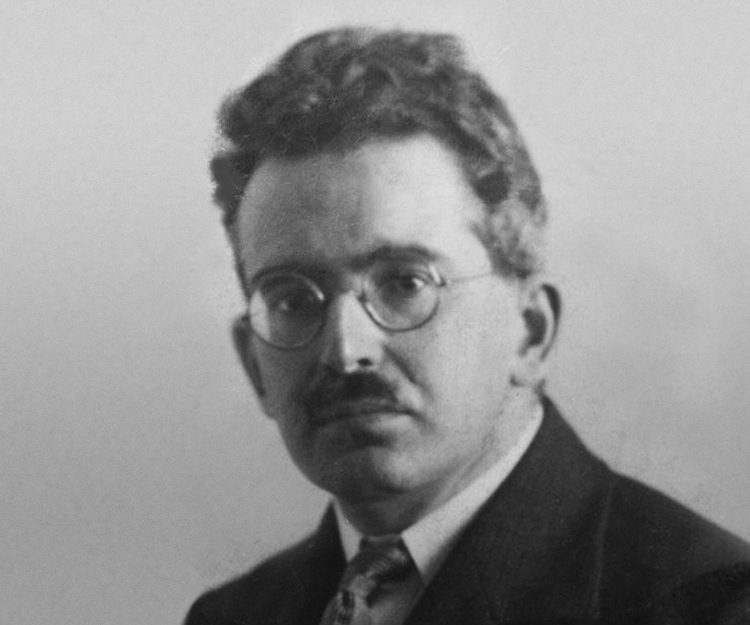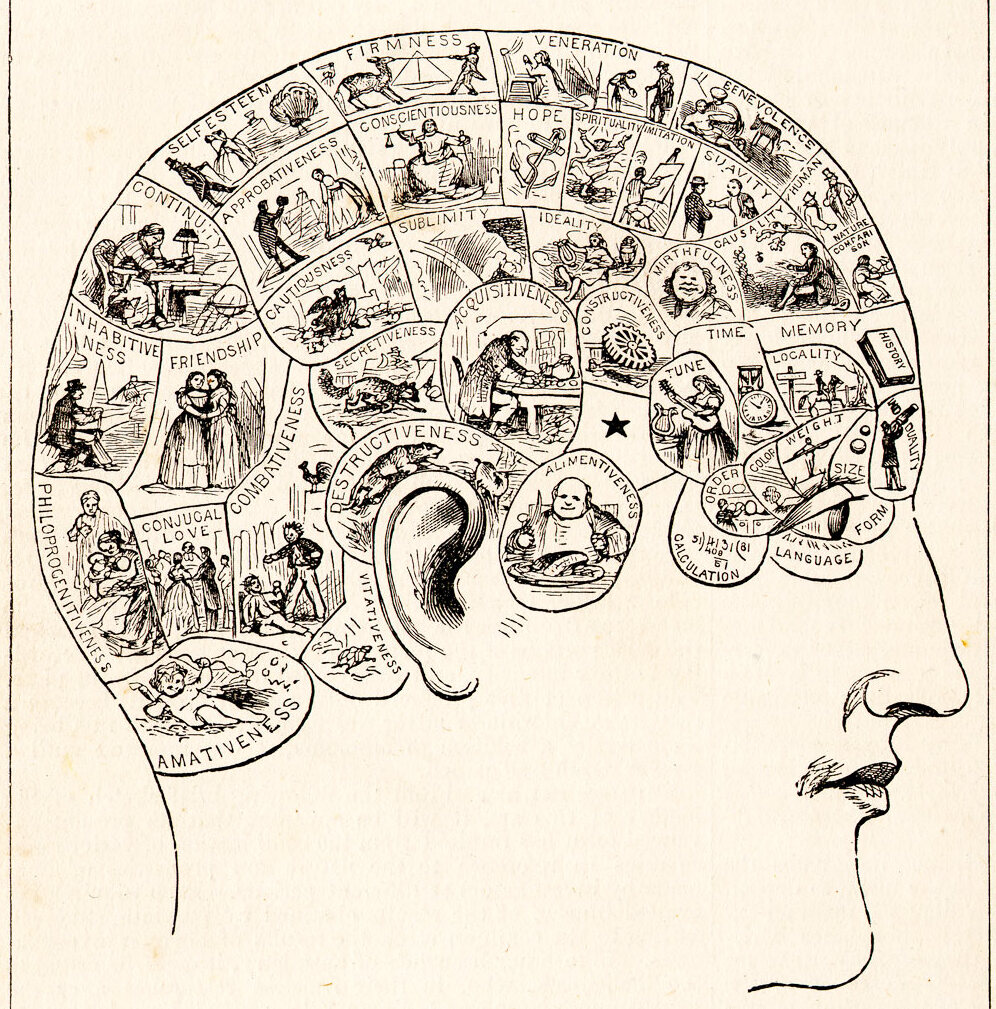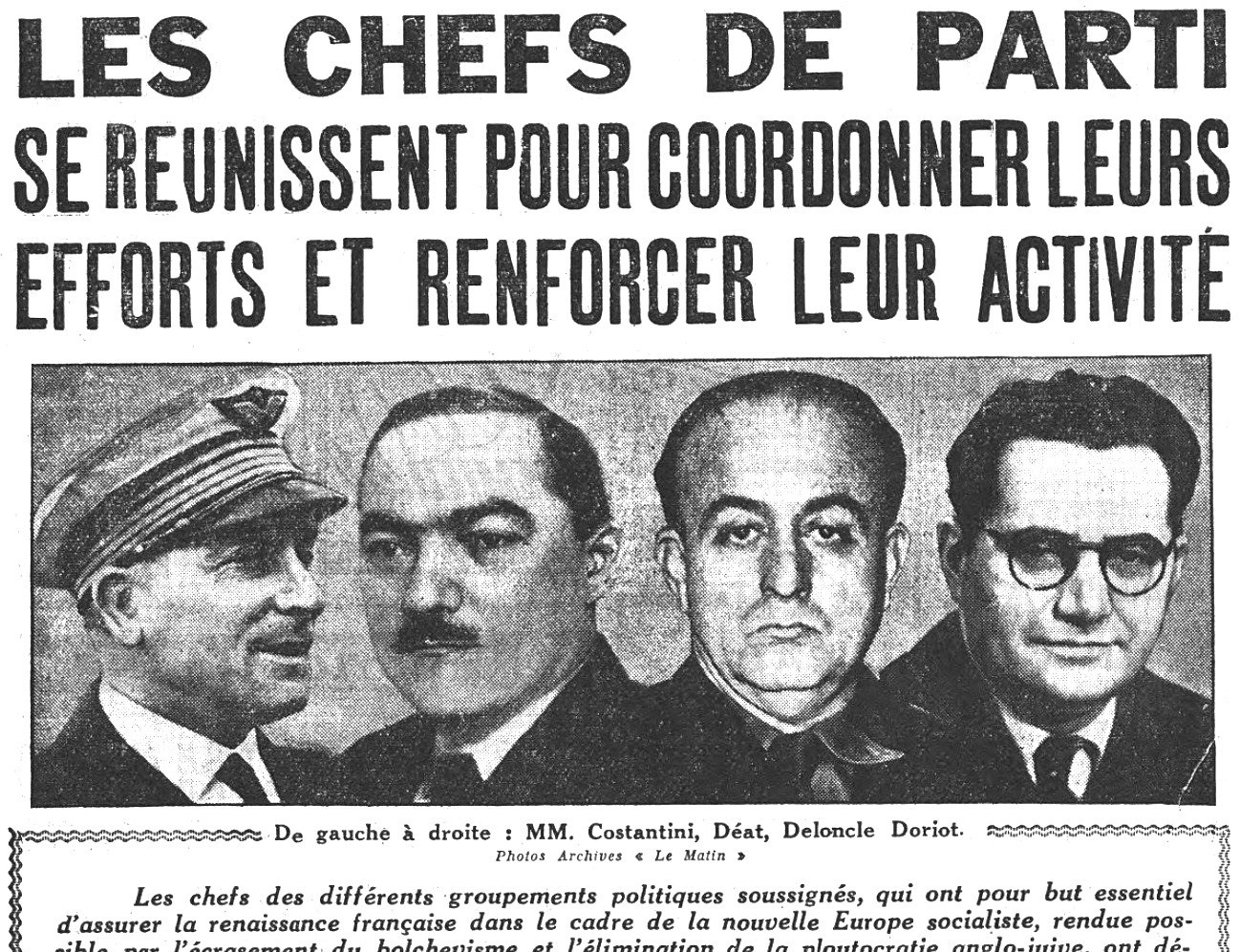-
Clifford Geertz: The Interpretation of Cultures (The Balinese Cockfight)
How can we understand other cultures? Even more difficult, how can we understand other cultures from other times? How do we get into the minds of others? There is a misconception about history and the social sciences that assumes that when you read a source, a document, or study a different culture, the truth will…
-
What Makes Us Postmodern?
What makes us postmodern? Are our psychologies, our attitudes, our mentalities towards the world postmodern ones? Or are we still just modern? To begin we have to briefly return to the last video’s question: what is it that makes us modern? The modern attitude was characterized by a belief in progress and improvement, in self-reflection…
-
Our ‘Age of Anger’
Anger, rage, fury: it seems like everywhere we look right now, we see rising temperatures, smouldering resentment, blood boiling, floods of emotion. From Trump to Brexit, Hindu Nationalism to Black Lives Matter, from Hollywood #MeToo to pandemic protestors, ISIS to white nationalists, Ukraine to Fox News, to my ongoing conflict with my unreasonably slow computer,…
-
How the Nature/Nurture Debate is Changing
This is my box of human nature. It contains everything that’s in your nature. What does that mean? In short, if it’s in your nature, it’s unchangeable, undeniable, part of your very constitution, and in a box because it is impervious to everything outside of it, locked in a cage, unadaptable. The question is: what…
-
Theories of Nationalism and National Identity: An Introduction
There is no political or social force stronger than national – or group – identity. The idea of liberal individualism might, sometimes, be more dominant, but its antithesis – that which balances it – is nationalism, tribalism, group identity. National identity is, for most people, one of the first and fundamental ways they are defined.…
-
Putin’s Sense of Russian History
There are many ways of thinking about history. Today, I want to talk about Putin’s sense of Russian history in comparison to an assumption about history that we often adopt in the West. I think, ironically, it is our sense of history that’s mistaken, and while Putin draws the wrong conclusions, his diagnosis of history…
-
Thomas Kuhn: The Structure of Scientific Revolutions
Thomas Kuhn’s The Structure of Scientific Revolutions, published in 1962, was itself a revolutionary approach to the philosophy of science. The book was both influential and controversial. Born in 1922, Kuhn began his career as a physicist before turning to the history of science. He was interested in how scientists approach their daily work, and…
-
Walter Benjamin: The Work of Art in the Age of Mechanical Reproduction
‘A generation that had gone to school in horse-drawn streetcars now stood in the open air amid a landscape in which nothing was the same except the clouds, and, at its center, exposed to a force field of destructive torrents and explosions, the tiny, fragile human body’. For Walter Benjamin, the German art critic and…
-
Why Jordan Peterson is Wrong About Ideology
Jordan Peterson is famously critical of ideology. He has a particular distain for Marxism, Stalinism, Nazism, Postmodernism, Feminism, in fact, any -ism. Instead, he argues, the individual is sovereign, ideology should be renounced, and that, ‘If we each live properly, we will collectively flourish’. Today we’re going to examine Peterson’s charge against ideology, ask…
-
The Aftermath of World War II: Collaboration and Retribution
The horrors of the Second World War are etched into the imagination of public discourse. But what of its aftermath? How does a continent at war for six years, and unstable for much longer, create peace when so many national, ideological and social resentments remain? It’s easy to forget that a military victory for the…
Then & Now
Human(itie)s, in context


